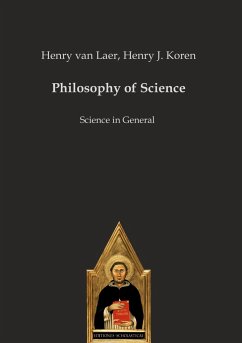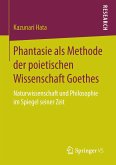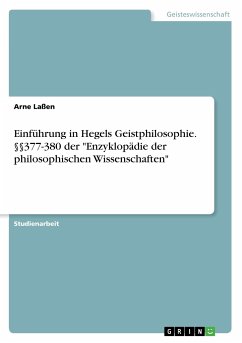In the first place, I want to point out that the term 'science' is not restricted here to the physical sciences, as is usually done in English and French scientific literature, but is used in a very broad sense-namely, for science in general as well as each and any special science, no matter what its nature be, including theology and philosophy. If in particular chapters restrictions are made in the use of the term, this will always be justified and wherever possible indicated by the addition of a qualifying noun. Although the term'science' is used in a very broad sense, a large number of the examples illustrating the text will be borrowed from the physical sciences. The reason is, first of all, that because of his former studies the author is most familiar with this domain, but also that the physical sciences often reveal most clearly the typical features of science.








